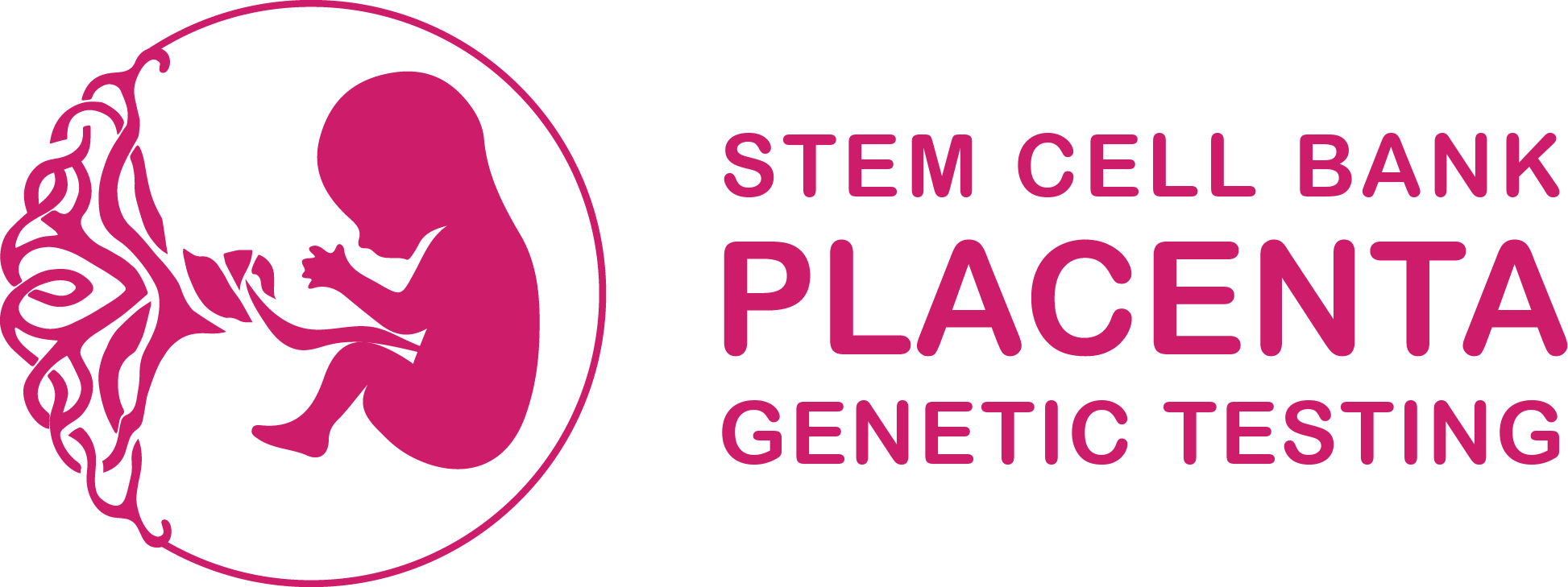FamiBlog
Nose drops during pregnancy
A cold and the associated runny and stuffy nose can be very annoying for pregnant women. Since taking certain medications is contraindicated during these nine months, it is useful to know how to combat these symptoms. See how to deal with a stuffy nose during pregnancy.

07 August 2019
Rhinitis during pregnancy
Pregnant women relatively often suffer from various infections and colds. This is due to the natural reduction of immunity, which provides a kind of "tolerance" for the developing fetus in the uterine cavity. This allows the baby to develop and provides favorable conditions for growth. However, a side effect is the tendency to more frequent infections. For this reason, pregnant women are slightly more likely than non-pregnant women to experience symptoms associated with a cold, such as a stuffy nose, cough, general weakness, or low-grade fever. All of these symptoms are related to the development of inflammation in the upper respiratory tract, which leads to, among other things, swelling of the mucous membranes that manifests as a runny and stuffy nose.
A runny nose during pregnancy can also be one of the symptoms of allergies. The expectant mother should be attended by an allergist who will adjust the treatment to the time of pregnancy and prescribe appropriate medication.
How to deal with a stuffy nose during pregnancy?
The feeling of a stuffy nose is associated with inflammation caused by viruses. Since the common cold is caused by these pathogens, treatment is limited to symptomatic measures. The natural way to combat mucosal congestion is to use nasal drops that shrink the mucosa. These include antihistamines such as cetirizine or steroids such as budesonide. However, these are prescription medications prescribed by a doctor, who will prescribe the exact dosage. The use of seawater can also be effective in clearing the nose and eliminating discomfort. Inhalations or saline steam are also helpful, as is good humidification in the house or apartment.
Safe ways to deal with a cold during pregnancy
Treatment of colds in pregnancy is mainly based on symptomatic treatment. Home remedies are safest, but sometimes pharmacological treatment is necessary. Antipyretics and analgesics combat the discomfort of a cold. However, it should be remembered that during pregnancy, the use of certain medicines is contraindicated due to their potentially harmful effects on the development of the fetus. The safest drug to take during pregnancy is still acetaminophen, which not only combats the symptoms of a cold, but also does not require dose adjustment during pregnancy. Before taking other medicines, it is necessary to consult a gynecologist who, based on his knowledge, can provide information on whether the drug can be safely used during pregnancy.
Sie interessieren sich auch für:
Social freezing: the opportunity for future family planning
At a time when life planning is becoming increasingly flexible and personal priorities can change...
Intimate infections during pregnancy
Many expectant mothers struggle with the annoying symptoms of intimate infections during...
Sore throat during pregnancy
A sore throat is a relatively common condition that also affects pregnant women. However, not all...
Stem cells and cord blood
Bone marrow was the primary source of stem cells (bone marrow transplantation involves...































